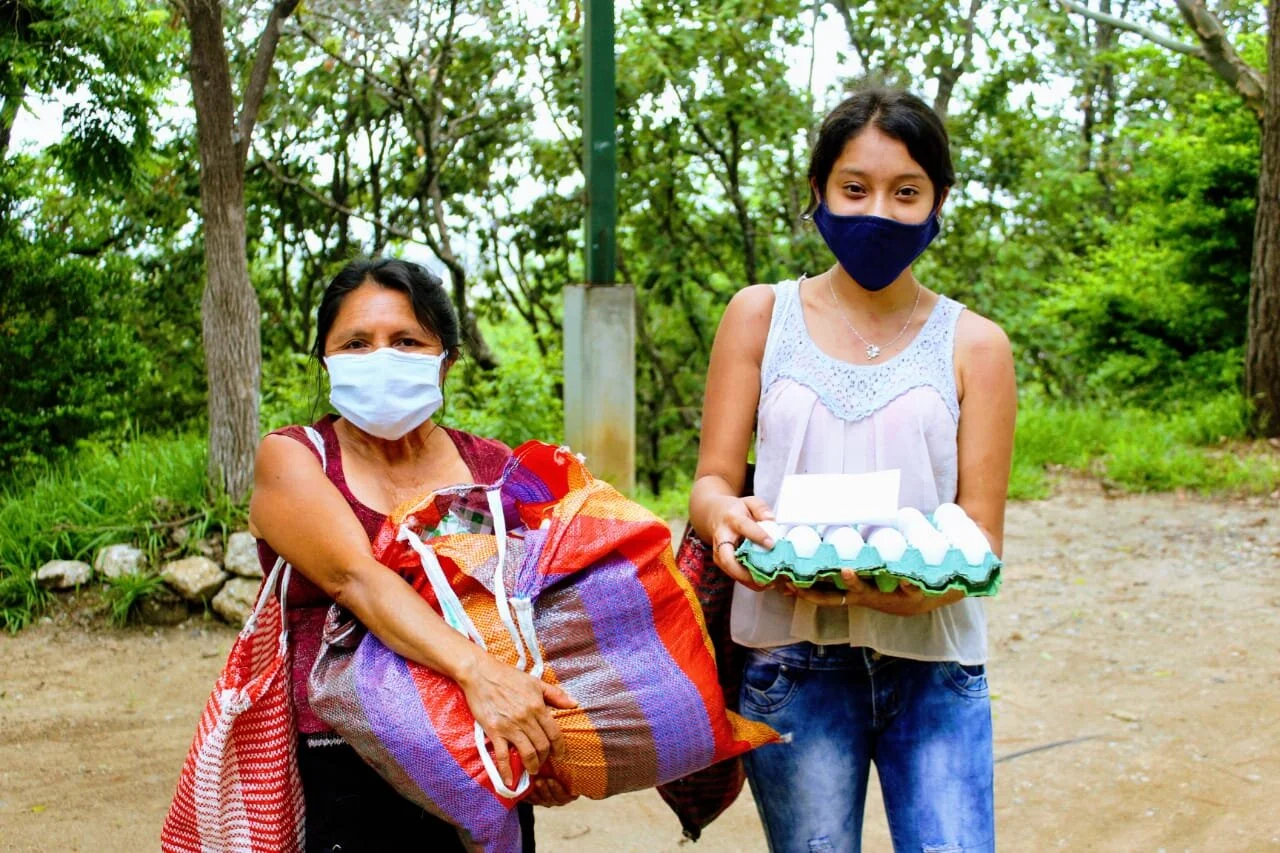High School During COVID19: An Exception to Online Class
/By Gabriela Rosenfeld, PaperSeed’s Communications and Social Media Intern
In March 2020, students thought we would return to the classroom after a short two week break. One year later, we were still sitting at home and attending virtual lessons, taking tests through special lockdown browsers that prevent us from conducting Internet searches, and participating in socratic seminars via Zoom. So, back in the spring of 2020 when I chose to sign up for Sustainable Agriculture (referred to as “SustAg” by the Redwood community), I didn’t realize how fortuitous a decision it was; while Redwood High School remains in almost 100% remote learning mode, an exception has been made for this course.
SustAg is built around a special space at the center of our school—a working farm carved out of a plot of land that might otherwise have become yet another sports field. On the farm, students learn about different cultivation methods and how to harvest and prepare the food that we grow, along with honing our communication and entrepreneurial skills as we engage with the community through selling our produce. All of this would be impossible through Zoom. Fortunately, with the agreement that our class adheres to strict COVID-19 safety protocols, the school is allowing our class to have the unique opportunity to farm once a week, on campus, in small groups. Pods of about ten to twelve students spend forty-five minutes at the farm each week. In addition to standard farm safety and hygiene procedures that would be in place during a normal year, we have added steps, such as all tools being sanitized immediately before being put away, wearing gloves the entire time, and of course wearing masks and maintaining a six foot distance from classmates, even though we are outdoors.
In the few months that school has been in session, we have pulled weeds, groomed our raised-bed plots, grown plants in cell packs, planted various crops, prepared a dish starring an ingredient harvested from the farm, and held our own “contactless” farmers market at which our customers can pick up pre-packaged selections of produce that they order online. With all other classes being taught virtually, attending school in person—even for such a short period of time each week—fills the social gap that students miss during online classes. We are able to build social connections with classmates and interact with our community through selling our produce. Although I am fortunate to live in a home with a backyard garden, many students live in apartments or other living situations with no or limited outdoor access. Classes like SustAg are particularly important for students who live in apartments without yards, and for others who may situate with many family members sharing a small space. Being outside, breathing fresh air, and having space to move around is that much more important for them.
Given that SustAg has been effectively taught in an in-person manner on campus, I am hopeful that teachers and administrators can find creative ways to safely offer other courses. More students deserve to have these positive experiences.











